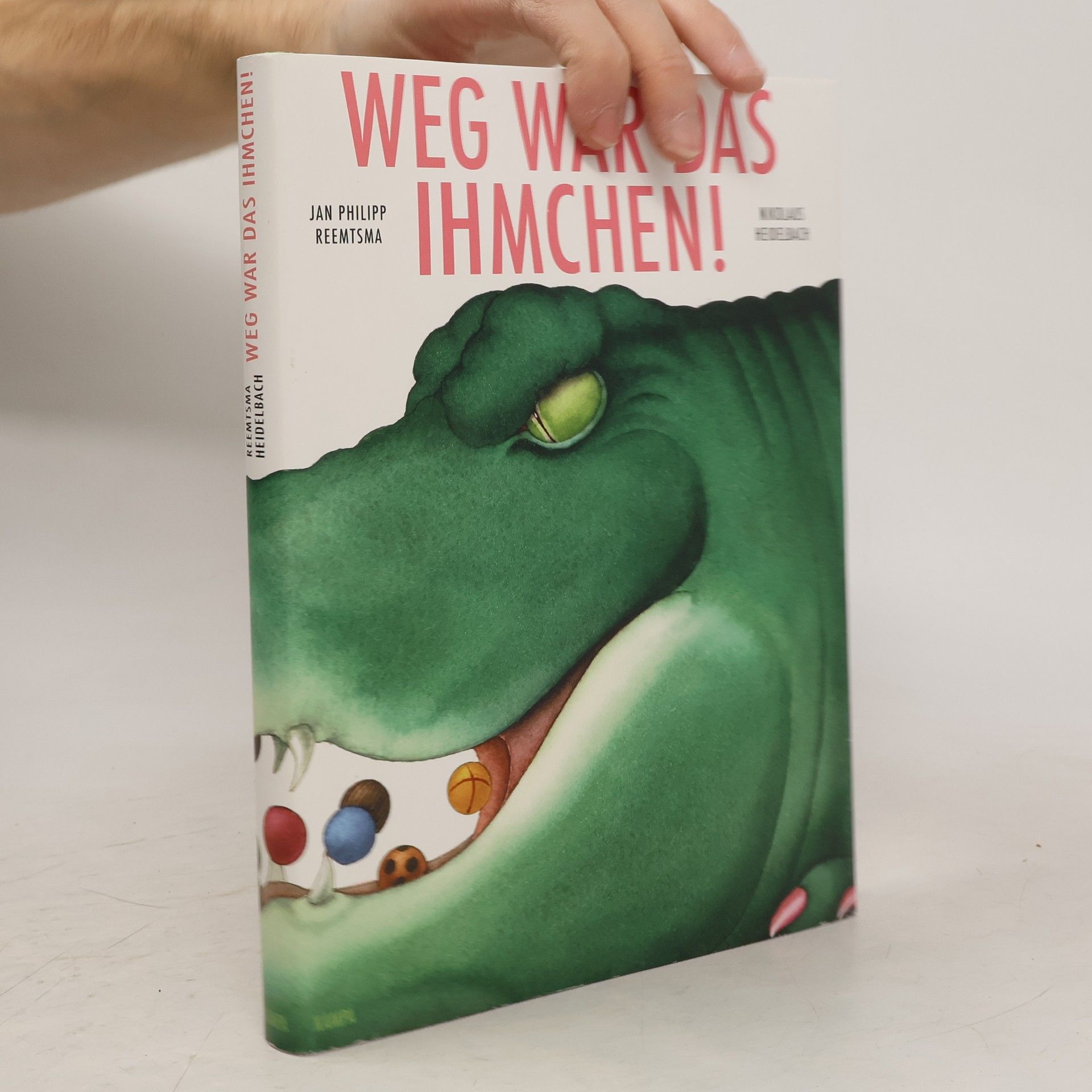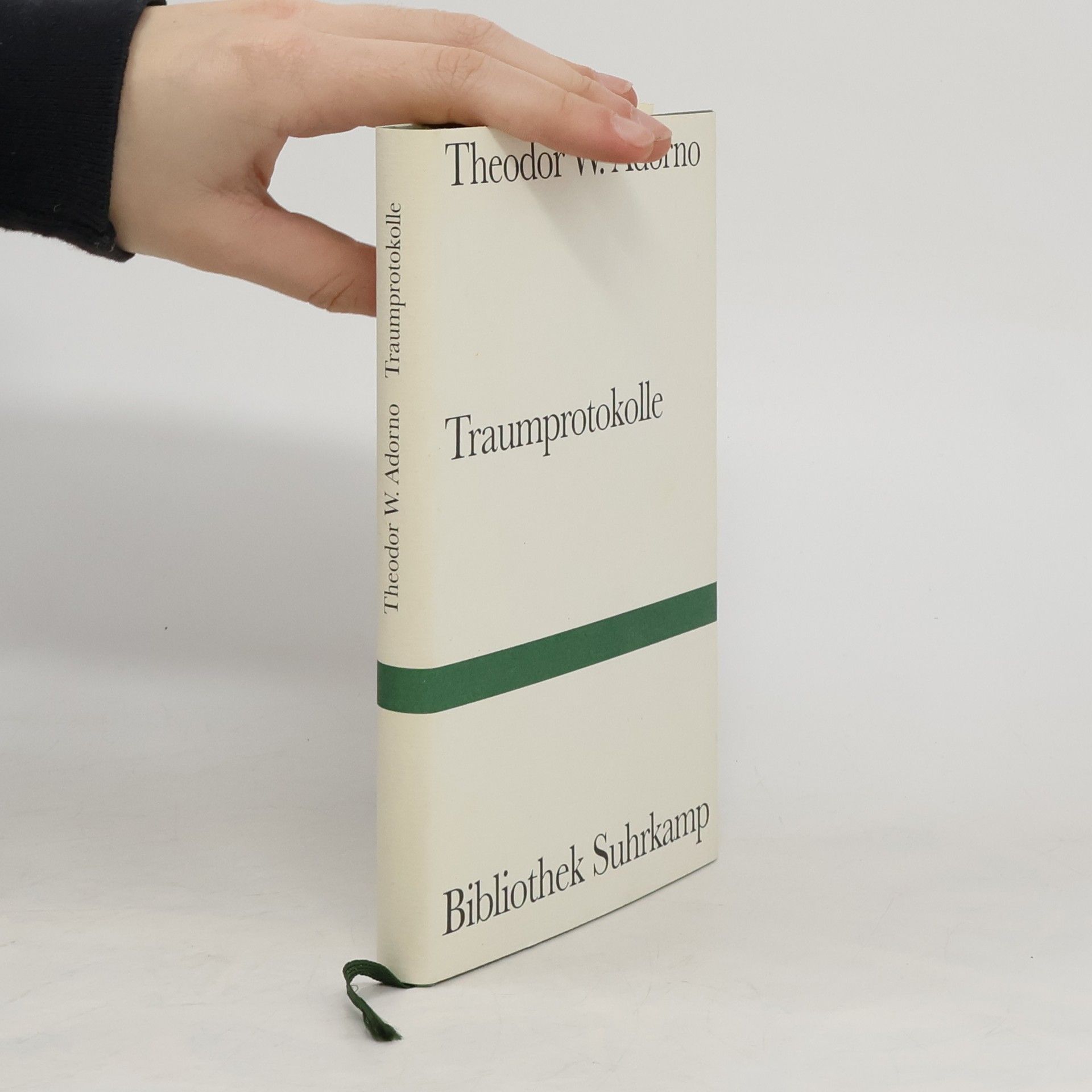Krieg, Gewalt, Antisemitismus, Freiheit der Rede: Themen wie diese treiben uns in der Gegenwart um. Doch neu sind sie nicht. In drei bestechend klaren Reden analysiert Jan Philipp Reemtsma aktuelle Phänomene, indem er sie mit historischen Debatten und Ereignissen in Zusammenhang bringt. Es geht mit Christoph Martin Wieland um ein Verständnis von Aufklärung als einem andauernden Dialog, um die Einhegung kriegerischer Gewalt seit dem Dreißigjährigen Krieg und die Geschichte und Gegenwart des Antisemitismus. »In der Regel sind Probleme, mit denen man in seiner Gegenwart konfrontiert ist, gar nicht so neu, wie man fürchtet, und oft fürchtet man sie nur, weil man sie für neu hält.«
Jan Philipp Reemtsma Book order (chronological)
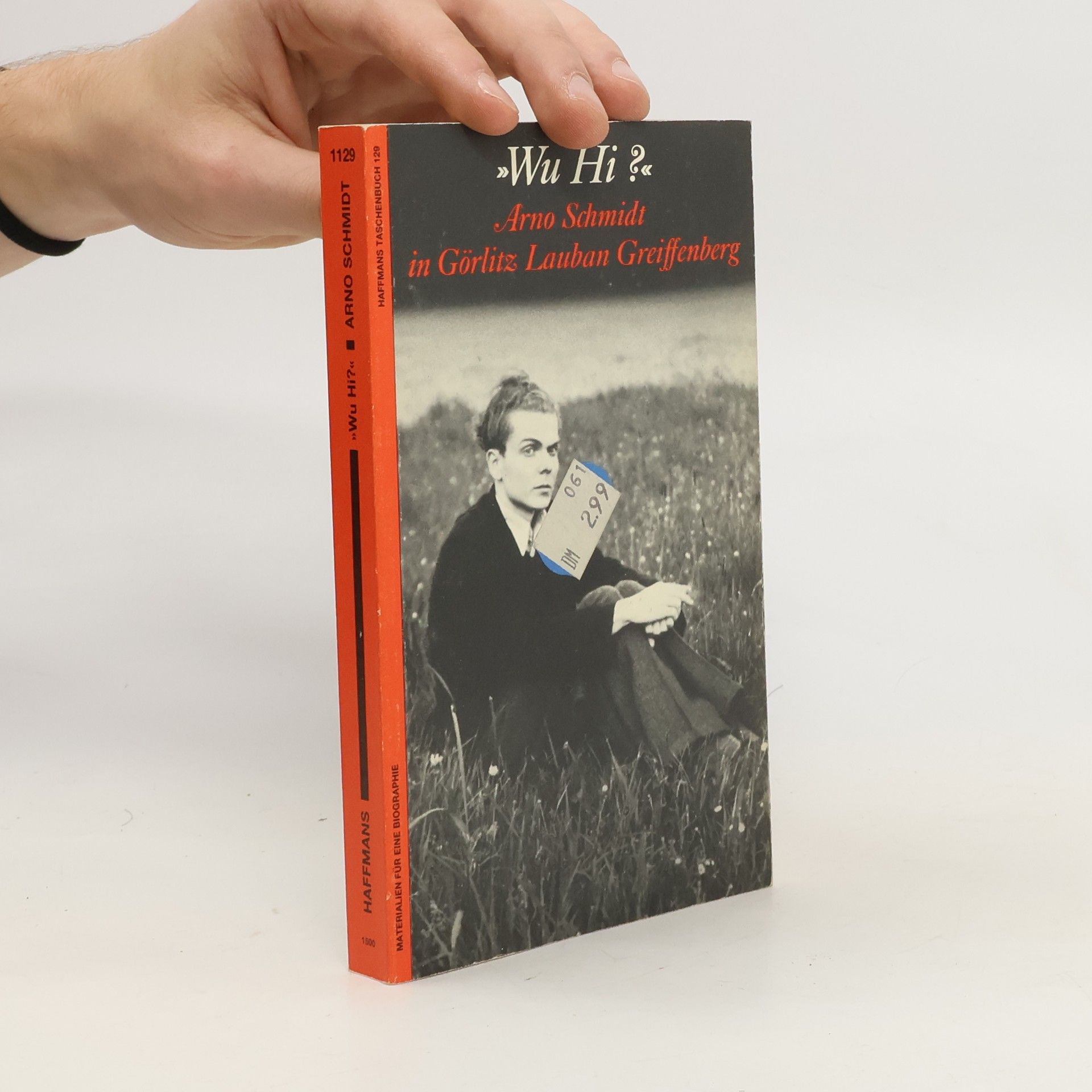
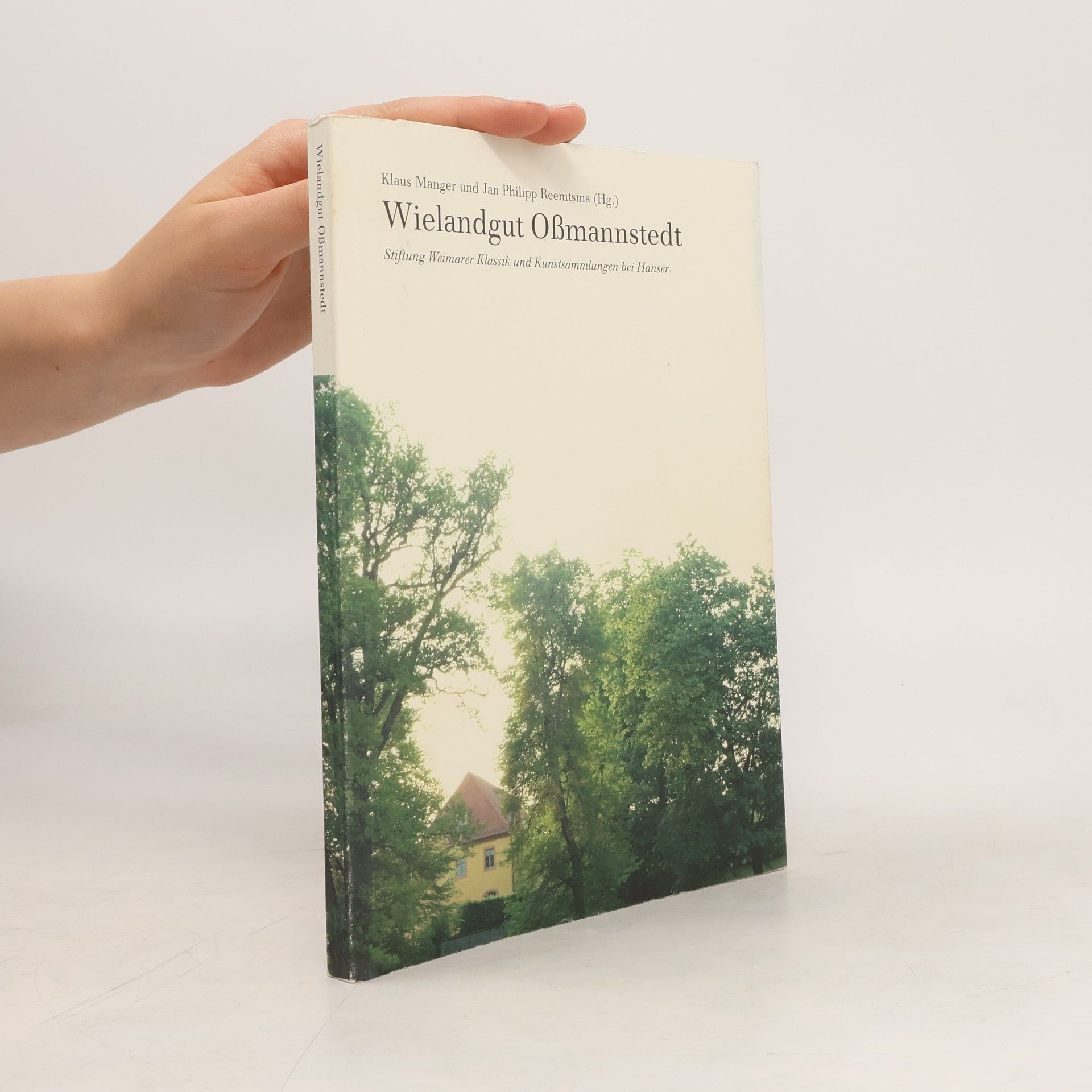
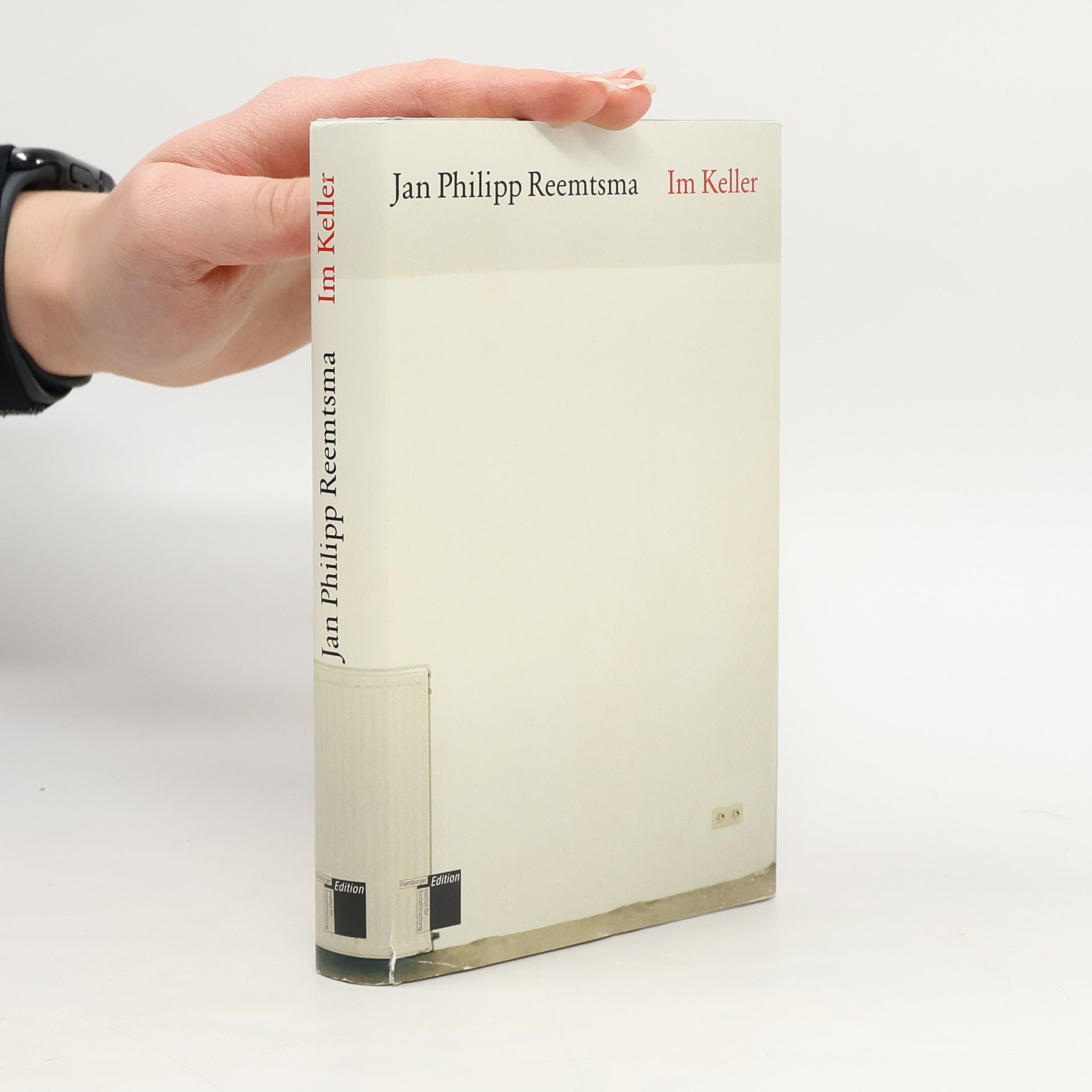



Christoph Martin Wieland
Die Erfindung der modernen deutschen Literatur
Mit Christoph Martin Wieland beginnt die moderne deutsche Literatur. Er ist nicht nur der Schöpfer seiner eigenen Werke, sondern auch der «Erfinder» der Weimarer Klassik. Jan Philipp Reemtsma befreit Wieland in seiner ersten Biografie seit 70 Jahren aus dem Schatten von Goethe und Schiller. Diese aufregende und fulminante Darstellung gibt uns einen Klassiker zurück, der für das Verständnis der deutschen Literatur nach Weimar unerlässlich ist. Wieland war Innovator, Aufklärer, Schriftsteller, Journalist und Menschenkenner – eine zentrale Figur der deutschen Aufklärung. Er machte den Roman in Deutschland zu einer anerkannten Literaturgattung, schrieb die erste moderne deutsche Oper und brachte mit seinen erotischen Verserzählungen frischen Wind in die Poesie. Zudem gab er «Der Teutsche Merkur» heraus, eine der wichtigsten literarisch-politischen Zeitschriften Europas, und prägte das Genre des politischen Journalismus mit seinen Texten über die Französische Revolution und Napoleon, den er 1808 in Weimar persönlich traf. Reemtsmas grandiose Biografie, das Ergebnis jahrzehntelanger Forschung, bietet die Gelegenheit, Wieland neu zu entdecken. Sie wurde für den Bayerischen Buchpreis und den Preis der Leipziger Buchmesse 2023 nominiert und ist die erste Wieland-Biografie seit 70 Jahren.
Jan Philipp Reemtsma untersucht in seinen Essays das Unbehagen an einer Zivilisation, in der Gewalt als Lebensform betrachtet wird. Er analysiert historische, rechtliche und anthropologische Aspekte und befragt literarische Werke seit der »Ilias« auf ihre Gewaltkonstellationen. Seine Texte sind anregend und überraschend.
Weg ist das Ihmchen! Kurtpeter ist ganz verzweifelt. Im doofen gelben Haus ist das Ihmchen nicht, im komischen grünen Haus auch nicht. Zusammen mit Beinelars macht sich Kurtpeter auf die Suche nach seinem Ihmchen. Bei Inge Rölling finden sie statt des Ihmchens einen Matz mit Schnabel und Pfoten, der schlüpfrige Matrosenlieder singt, und die kleine Linse, die angeblich in Korea zur Welt gekommen ist, Altetruskisch lernt und überhaupt sehr schlau ist und sehr viel redet. Und noch jemand wohnt bei Frau Rölling im Haus, und zwar im Oberstübchen: Gott nämlich, aber mit dem ist nicht viel anzufangen, weil er immer am Schreibtisch hockt und neue Welten zeichnet. Aus dem Haus geht er nie. Woher soll der also wissen, wo das Ihmchen ist? Der weiß ja eigentlich gar nichts. Linse schließt sich den beiden Jungs an. Auf ihrem Weg begegnen die drei einer möhfenden Grätsche, einem knutschenden Liebespaar, dem Überdimensionalkrokodil und schließlich der Höllenköchin und ihrem Sohn, dem Schlimmen Urs, der Geburtstag hat und sich was richtiges Leckeres wünscht: Ihmchen in Stinkpampe nämlich. Ob das gut ausgeht?
Anfang Januar 1956 notierte Adorno: »Unsere Träume sind nicht nur als ›unsere‹ untereinander verbunden, sondern bilden auch ein Kontinuum, gehören einer einheitlichen Welt an, so etwa, wie alle Erzählungen von Kafka in ›Demselben‹ spielen. Je enger aber Träume untereinander zusammenhängen oder sich wiederholen, um so größer die Gefahr, daß wir sie von der Wirklichkeit nicht mehr unterscheiden können.« Die Bedeutung des motivischen Zusammenhangs seiner Träume legte ihm den Gedanken nahe, eine Reihe von ihnen auszuwählen und zu publizieren. Einer kleinen Sammlung solcher Traumprotokolle, die er für die Veröffentlichung vorgesehen hatte, stellte Adorno folgende Vorbemerkung voran: »Die Traumprotokolle, aus einem umfangreichen Bestand ausgewählt, sind authentisch. Ich habe sie jeweils gleich beim Erwachen niedergeschrieben und für die Publikation nur die empfindlichsten sprachlichen Mängel korrigiert.« Die erste Separatausgabe ergänzt die bereits publizierten Traumprotokolle um den größten Teil einer umfangreicheren Auswahl, die als Typoskript überliefert ist.
Einige Hunde
- 115 pages
- 5 hours of reading
Der Hund ist der Begleiter des Menschen seit Jahrtausenden. Jan Philipp Reemtsmas Exkursionen zum „Hund in der Malerei“ unterscheiden, gelehrt und unterhaltend die verschiedenen Funktionen, die sie in der Malerei innehaben. »Hunde als Accessoires, die einfach nur das Bild mit einer optischen oder genrespezifischen Auflockerung versehen – und Hunde, die seltsam prominent im Bild erscheinen, ohne daß man, auf den ersten Blick, zu sagen vermöchte, was sie da eigentlich zu suchen haben.« So spannt sich der Bogen von Rembrandt bis Max Liebermann, von Watteau bis Lucian Freud. Vierzig Farbabbildungen illustrieren die Ausführungen. Und der Leser des Buches wird beim nächsten Museumsbesuch nach Hunden Ausschau halten.
Was heißt: einen literarischen Text interpretieren?
Voraussetzungen und Implikationen des Redens über Literatur
SHIPS BY AMAZON FROM UK Was einen literarischen Text Voraussetzungen und Implikationen des Redens ber Literatur German (Edition)
Das Scheinproblem "Willensfreiheit"
- 28 pages
- 1 hour of reading
Aus dem Vortrag: «Diejenigen, die mit aus dem Zusammenhang der Neurobiologie gewonnenen Argumenten die Willensfreiheit bestreiten, tun dies nicht, sondern greifen – zu Recht übrigens – bestimmte verschrobene philosophische Konzepte an, von denen manche meinen, die Idee der Willensfreiheit sei in ihnen fundiert. Da sie aber nicht behaupten, bloß diese Konzepte zu bestreiten, sondern die Idee der Willensfreiheit selber, übernehmen sie zwangsläufig diese Konzepte, und so wird die ganze Angelegenheit eine Art Schattenboxen gegen einen nicht vorhandenen Gegner.» In seinem Vortrag stellt Jan Philipp Reemtsma neue Gedanken zu der seit der Antike immer wieder aufkehrenden Debatte um das Problem der sogenannten Willensfreiheit vor.
Vertrauen und Gewalt
- 576 pages
- 21 hours of reading
Die Probleme der Gewalt bleiben komplex, wie Hannah Arendt vor 40 Jahren feststellte. Dieses Buch untersucht, warum die Soziologie Schwierigkeiten hat, die Phänomene der Gewalt zu erfassen. Jan Philipp Reemtsma analysiert, was Vertrauen in der Moderne bedeutet und wie es an die Legitimationsanforderungen des Gewaltgebrauchs gebunden ist. Er hinterfragt, wie extreme Destruktivität trotz des modernen Programms zur Gewalteinschränkung bestehen kann und warum das Vertrauen in die Moderne trotz der Gewaltexzesse des 20. Jahrhunderts fortbesteht. Das Werk beleuchtet verschiedene Aspekte der Gewalt und deren Beziehung zur Macht, untersucht, warum bestimmte Gewaltformen in der Moderne tabuisiert sind, obwohl sie weiterhin existieren, und analysiert die Wahrnehmungs- und Analyseprobleme, die daraus resultieren. Reemtsmas Ansatz ergänzt bestehende Perspektiven und nutzt eine besondere Beschreibungstechnik. Historische, politische, literarische und philosophische Entwicklungen werden mit konkreten Ereignissen verknüpft. Soziologische Reflexionen und historische Beispiele werden durch philologische Analysen bereichert, etwa durch die Auseinandersetzung mit William Shakespeare als Theoretiker von Macht und Gewalt oder Friedrich Schillers Konzept des Desperado in 'Wilhelm Tell'. Reemtsma bietet eine Arbeit, die dazu anregt, gewohnte Sichtweisen zu hinterfragen und das Verständnis der Beziehung zwischen Vertrauen, Gewalt und Macht zu verti


